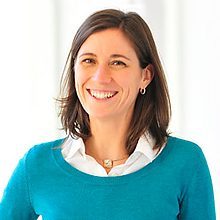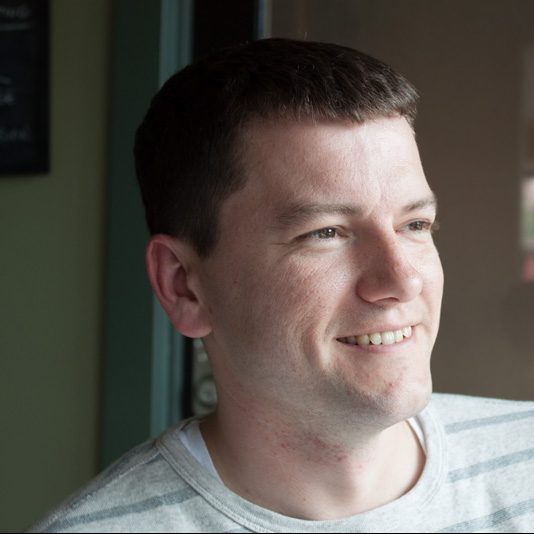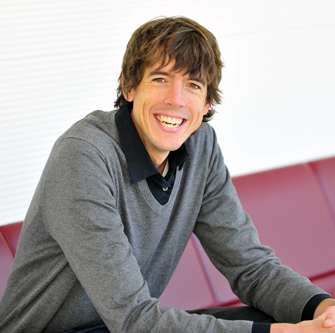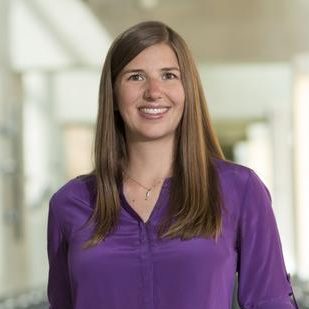I am interested in how to create technologies that adapt to accommodate individual user needs and preferences, whether to improve basic interactions such as touchscreen text entry or more complex tasks such as working with machine learning models. My research goal is to ensure that the next generation of computing technologies are designed to meet the needs of the broadest range of users. Affiliations: Associate Professor, Human Centered Design & Engineering Adjunct Associate Professor, Allen School of Computer Science &…
Leah Findlater, Associate Director



